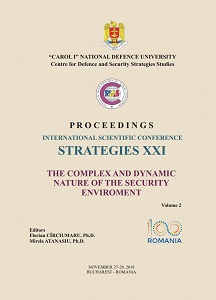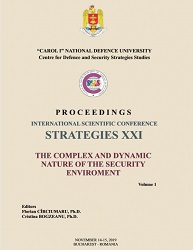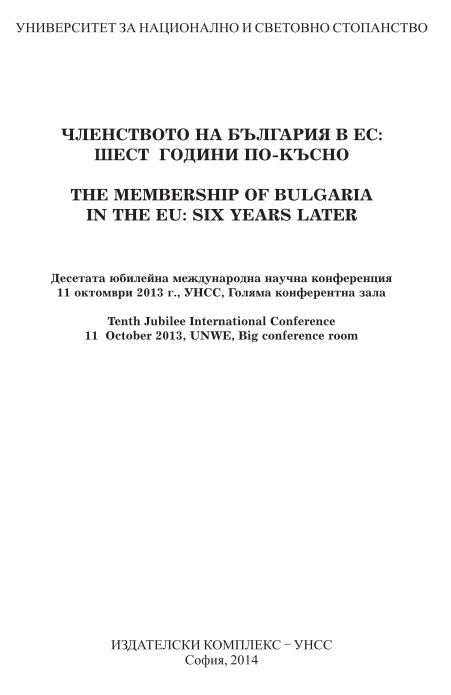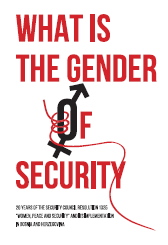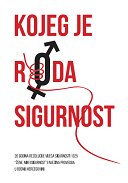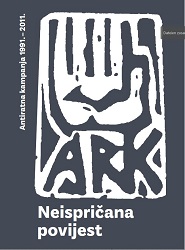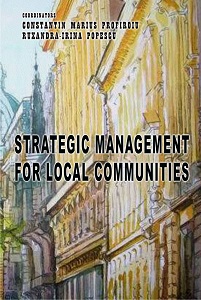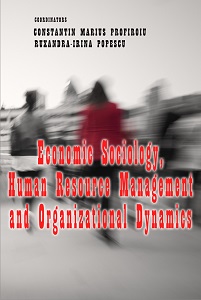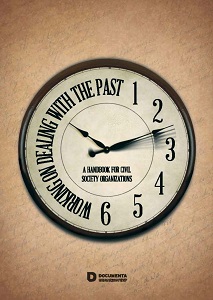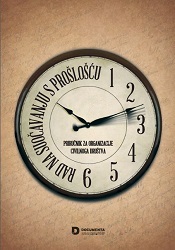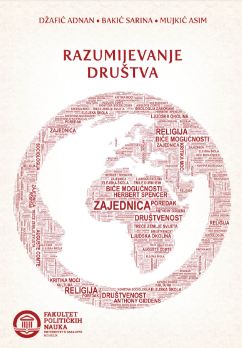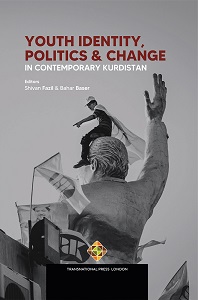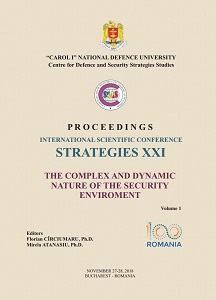
FROM THE JUST WAR TO THE CRIME OF AGGRESSION
As between individuals, there are conflicts between the actors of the international scene, the solving of which is possible either by force or by diplomacy, both methods being used throughout history, sometimes even in a congruent way. At first, a few thousand years later, war prevailed due to the possibility of achieving faster and more lasting effects than through diplomacy.However, because generalized violence sometimes had catastrophic consequences for those endowed with sense and reason, they sought justifications for the recourse to the armed force, which materialized in the theory of warfare based on the idea of legitimate defense, but also on the formalization of the hostilities and the establishment of rules of warfare. Only in our time the idea that the shift to use of the armed force without any motivation is a crime of aggression prevailed, so that a return to diplomacy is considered possible, the choice between these two modalities remaining a politics attribute.Keywords:
More...
